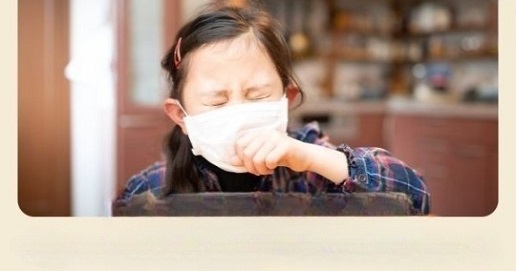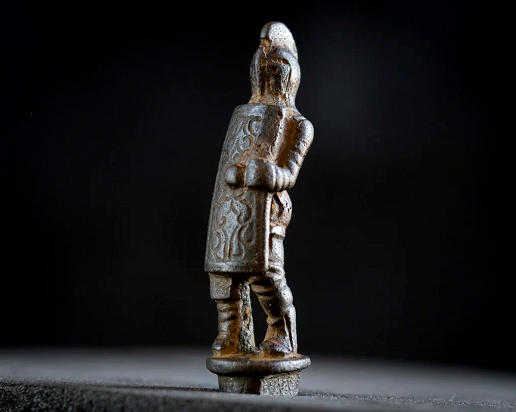A 12-year-old girl was mistaken for having a common cold due to fever and cough. One day, she suddenly collapsed at home, and her family rushed her to the emergency room. Tests revealed elevated myocardial enzymes, and during hospitalization, she experienced rapid heartbeat, low blood pressure, and life-threatening arrhythmias. Doctors promptly arranged ECMO treatment and replaced a ventricular assist device. Eventually, the girl regained her heart function and was discharged after two months. Doctors warn that early symptoms of myocarditis often resemble a cold. If symptoms like chest tightness or rapid heartbeat occur, immediate medical attention is necessary. Chest pain, shortness of breath, and irregular heartbeat — be cautious of myocarditis. (Image provided by Heho Health)
Chest pain, shortness of breath, and irregular heartbeat — be cautious of myocarditis. (Image provided by Heho Health)
Myocarditis is typically caused by viral or bacterial infections, though other factors include medications, toxins, or autoimmune problems. It commonly affects children and adolescents, especially those with weak immune systems. Treatment focuses on supportive care, and ECMO or antiviral medications may be used if needed. Boosting immunity, particularly during flu season, is key to preventing myocarditis. High-risk groups, such as children under six, the elderly, and immunocompromised individuals, should consider getting a flu vaccine to protect their health.
This article is used with permission from Heho Health.







